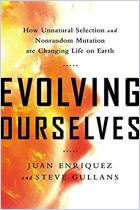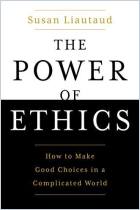Academic and entrepreneur Juan Enriquez challenges your beliefs and ethics in his brilliant, bold, take-no-prisoners look at how morals change over time. Do you protest the caging of immigrant children? Do you eat emotional beings? Have you taken action against gun violence? Your politics don’t determine the validity of your ethics, but your answers probably affect how your children and society will judge you in the coming years and decades. People now face ruin over what they said or did 20 or 30 years ago. What you do and say today will likely determine your legacy – and perhaps, in the future, your fate.
Technology, societal change and convenience drive the evolution of ethics and morals.
Most people agree on the basics of right and wrong – stealing, lying and murdering are wrong, for example. But human judgment of other actions changes over time. Today, the revelation that you used certain labels in a careless tweet or told jokes decades ago that society now deems unacceptable may destroy your reputation and career. Meanwhile, 200 years ago, you might have faced ostracism or jail for actively opposing slavery. Even Abraham Lincoln’s initial pro-slavery views evolved over time into fervent abolitionism. Notably, it was industrialization and the advent of labor-replacing machines that ultimately helped facilitate emancipation.
When something desirable becomes faster, better, cheaper, and more convenient, people want it and will bend their ethics to feel good about using it. You might regard it as immoral that the cost of education, health care, food or even freedom has increased dramatically over the past decade or so. But don’t expect society’s ethics ...
Juan Enriquez writes about the profound changes that brain research and genomics will bring about in business, technology, society and politics. He is the managing director of Excel Venture Management and has delivered 10 TED Talks.




















Comment on this summary or Iniciar a Discussão